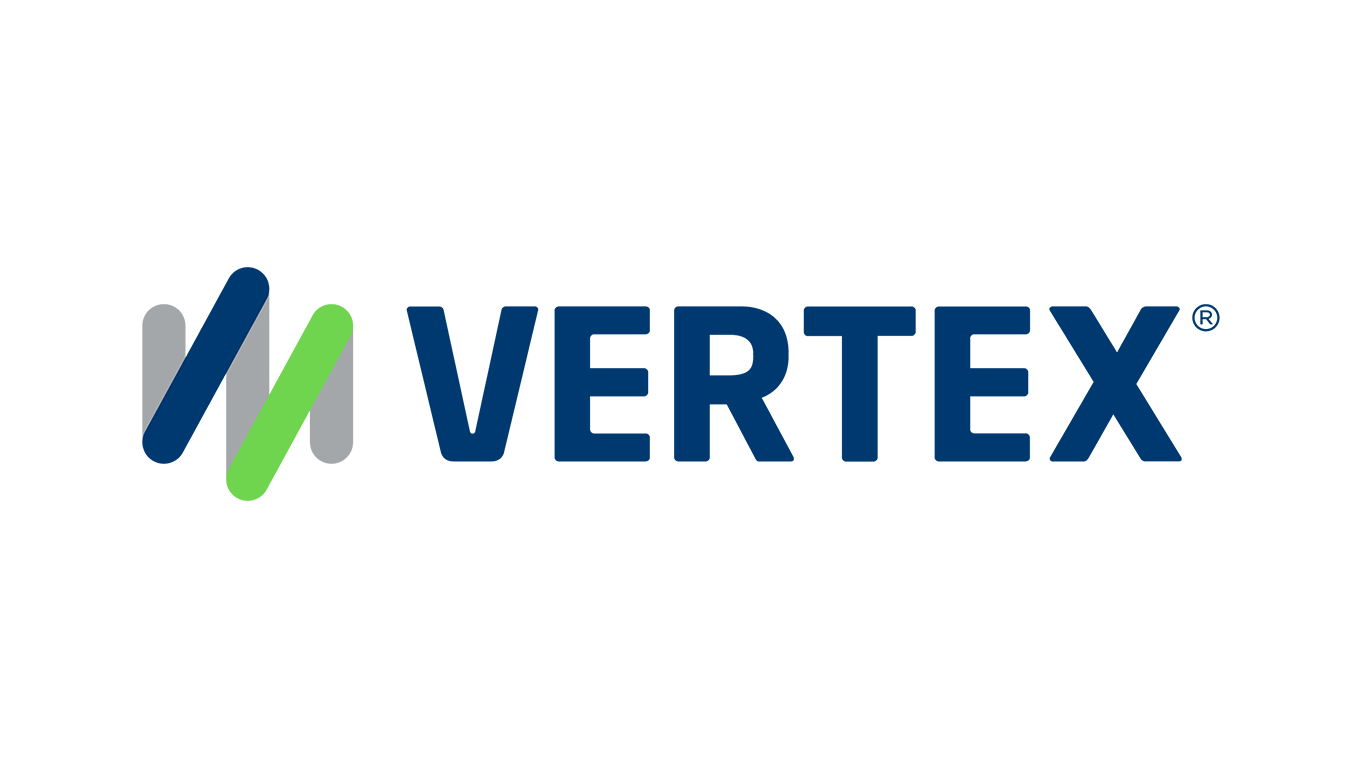FloQast Chosen by Halfords to Streamline Compliance...
- 09.10.2025 09:55 am
Eventus Launches Frank AI, New Technology Purpose-...
- 08.10.2025 12:15 pm
iDenfy Strengthens Its Compliance Toolkit With The New...
- 02.10.2025 01:25 pm
SmartSearch And Iress Integrate To Streamline AML...
- 02.10.2025 09:45 am
LSEG Introduces World-Check Verify, Powered By AWS:...
- 01.10.2025 03:15 pm
Hummingbird Introduces Unified Risk & Compliance...
- 10.09.2025 12:25 pm
Salv Publishes New Guidance for Financial Institutions...
- 02.09.2025 09:45 am
Perlas Finance Partners with AMLYZE to Strengthen Anti...
- 28.08.2025 08:35 am
AML RightSource Named by Everest Group as a Leader in...
- 07.08.2025 12:55 pm
‘Compliance Fatigue’ Emerges as Leading Challenge for...
- 01.08.2025 03:15 pm
Nasdaq Verafin Announces Launch Of Its Agentic AI...
- 21.07.2025 04:25 pm
Only 1.6 % of Firms Have ‘Fully Integrated’ AI Into...
- 21.07.2025 10:05 am






















